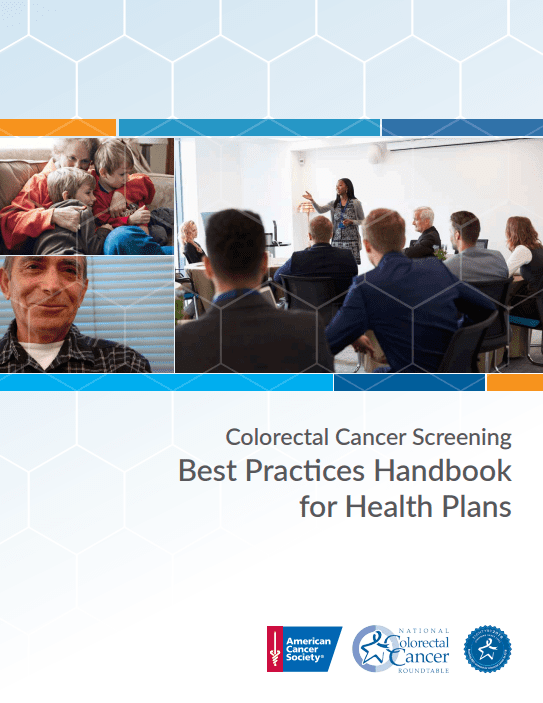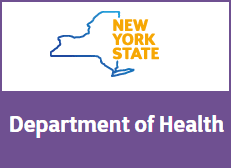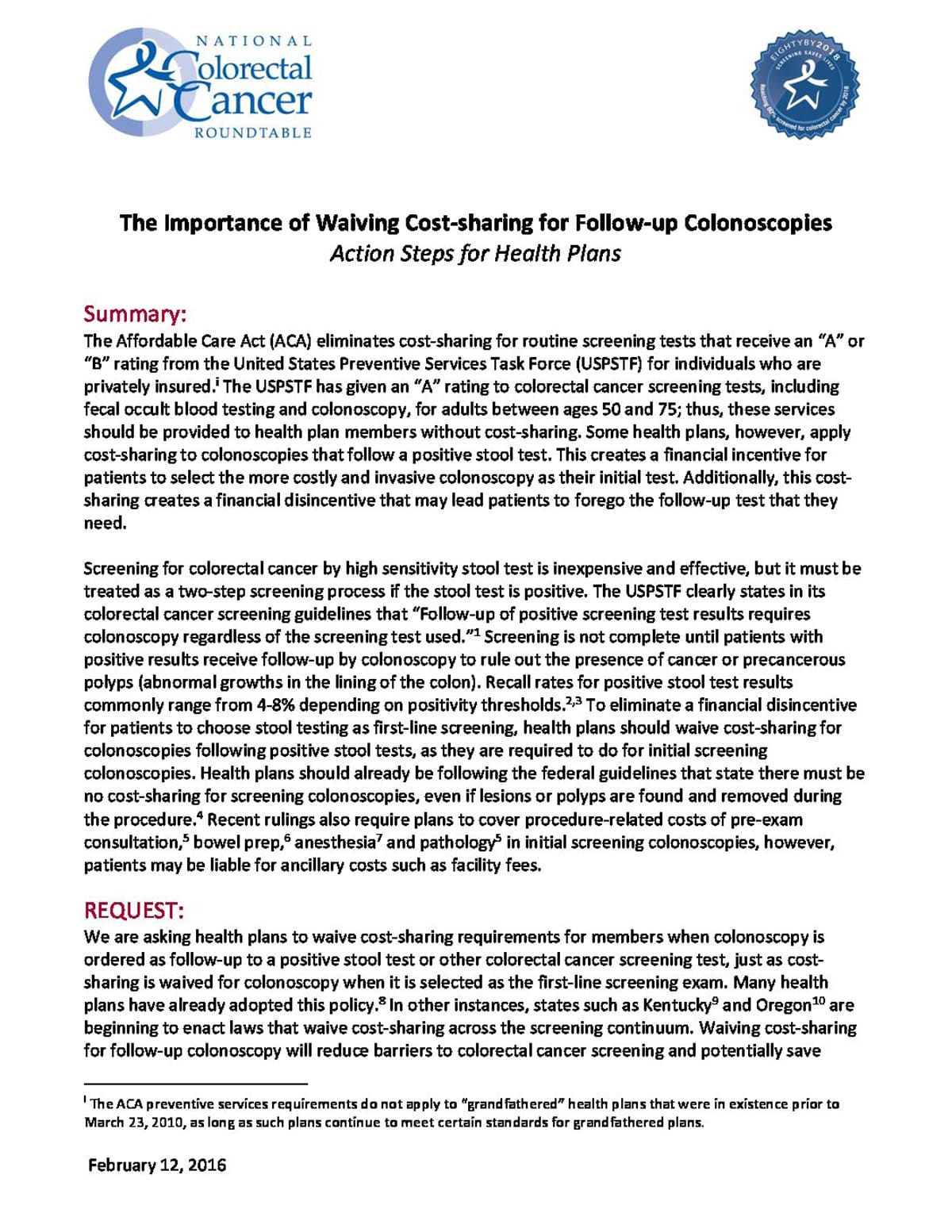Intervention Type: Reducing Client Out-of-Pocket Costs

NEW!
ACS Webinar: Cancer Prevention and Screening for Community Health Centers

Colorectal Cancer Screening Best Practices Handbook for Health Plans

Colorectal Cancer Screening Best Practices Handbook for Health Plans – March 28, 2017

Paid Leave Policies for Cancer Screenings

Waiving Colonoscopy Co-pays – April 12, 2016
